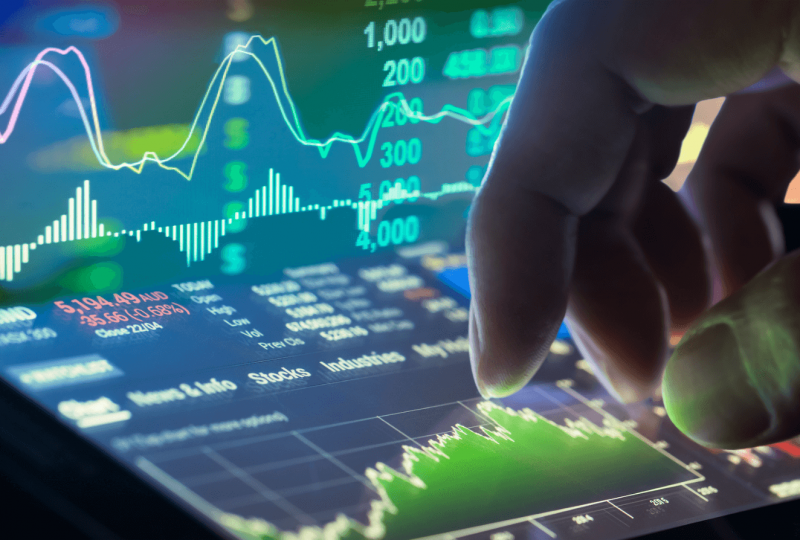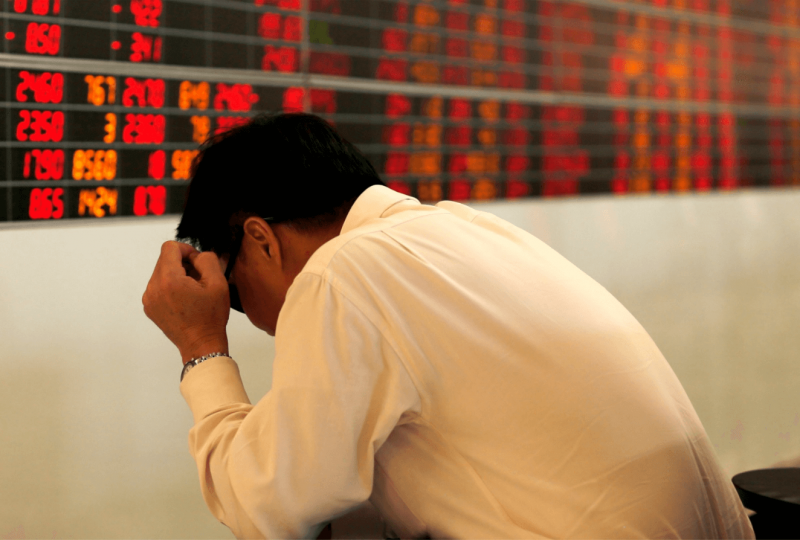Why These Are The Worst Stocks To Own Right Now: Goldman Sachs
Nov 24, 2021

Even if equities are still on autopilot, Goldman Sachs strategists warn that not every section of the market is a long-term buy.
Stocks with strong exposure to tight labor markets, which run the risk of eroding profit margins as wages are boosted, are among the worst to invest in a US economy striving to recover from the COVID-19 epidemic.
"During the next several years, labor market tightness will continue to be a problem. Stocks with high labor expenses relative to EBIT [earnings before interest and taxes] should be avoided by investors" Goldman Sachs' top U.S. equities strategist, David Kostin, states.
According to Goldman's study, IBM (IBM), Raytheon (RTX), HCA Healthcare (HCA), FedEx (FDX), and Dollar General are among the firms that fit into this group (DG).
Kostin and his colleagues, on the other side, believe that revisiting stocks with cyclical exposure is the superior choice right now.
"While viral levels are now growing and impacting on reopening equities," Kostin explains, "declining virus and inflation headwinds should deliver a near-term lift to corporate revenues and margins for the firms most susceptible to these difficulties once the winter wave passes."
According to Kostin, companies including Best Buy (BBY), Home Depot (HD), Lowe's (LOW), D.R. Horton (DHI), KB Home (KBH), and Lennar (LEN) look to be poised for a cyclical rebound.
However, while markets digest recent Federal Reserve news, both high labor exposure equities and reopening stocks may perform well for investors in the immediate term.
President Biden renominated Powell as Fed chairman on Monday morning, putting an end to weeks of doubt. Lael Brainard was also nominated by Biden for vice-chair. Market participants regard both as monetary policy doves, implying the Fed may be hesitant to raise interest rates in 2022 even if inflation remains high.
As a result, value multiples would improve.
The Dow Jones Industrial Average rose more than 300 points at one point early in Monday's session as a result of the news.
"With the Federal Reserve on hold until mid-year 2022 and bond rates below 2%, stocks will continue to be the asset of choice for both institutional and individual investors," says Kostin.
The S&P 500 is expected to achieve 5,100 by 2022, up approximately 10% from present levels, according to the well respected analyst.




